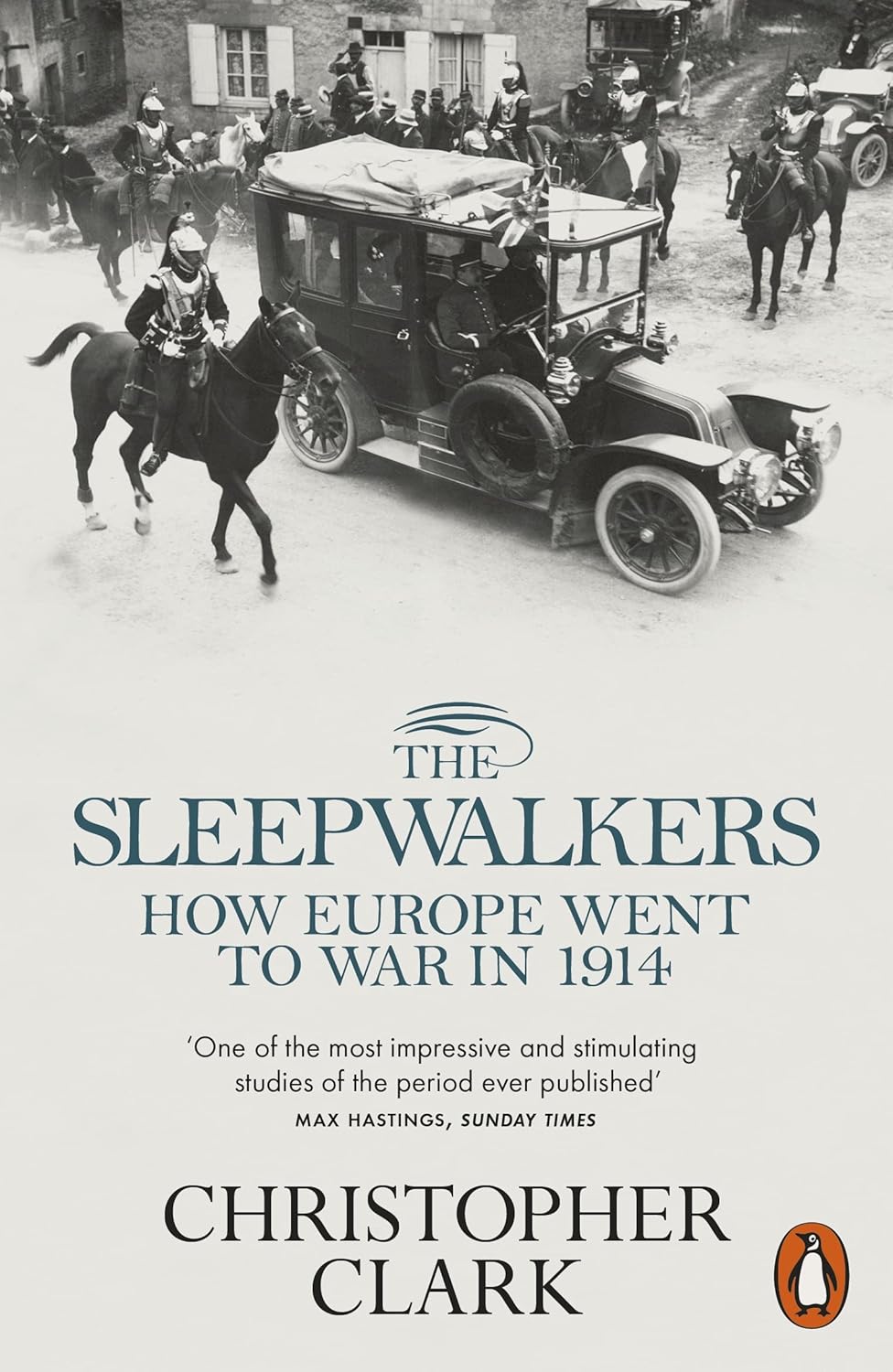
The Proud Tower: A Portrait of the World Before the War, 1890-1914
Book Description
Step into a world on the brink of chaos, where empires flourish amidst whispers of discontent. "The Proud Tower" paints a vivid portrait of the final years before World War I, capturing the tumultuous spirit of a society straddling elegance and impending doom. From the opulence of European salons to the turmoil of revolutionary fervor, Tuchman unveils the clash of ideas that fueled an age of grandeur and madness. As alliances form and tensions rise, the fate of nations hangs in the balance. What tidal wave of change will emerge from this volatile landscape, forever altering the course of history?
Quick Book Summary
"The Proud Tower" by Barbara W. Tuchman is a sweeping chronicle of the world in the decades leading up to World War I. Through detailed portraits of societies, leaders, and movements in Europe and the United States, Tuchman examines the gilded façade and deep fissures beneath the surface of the era. The book delves into political intrigue, social hierarchies, and burgeoning reform and revolutionary movements that shaped the modern age. Each section illustrates how cultural pride, political arrogance, and diplomatic missteps converged, creating a precarious foundation for the coming cataclysm. Tuchman masterfully intertwines narrative history and vivid character studies, arguing that the brilliance and decadence of the pre-war years made Europe ripe for upheaval. Ultimately, she reveals how ostensibly stable societies, beset by inequalities and unrest, inevitably tumbled into the First World War.
Summary of Key Ideas
Table of Contents
The Fragile Foundations of Peace
Tuchman traces the outwardly calm yet inherently unstable European order of the late nineteenth and early twentieth centuries, showing how monarchies and established powers seemed steadfast while actually resting on shaky ground. Her analysis uncovers deep-rooted inequalities, persistent social tensions, and competing interests among classes and nations. Through accounts of the British Parliament, German aristocracy, and French society, Tuchman highlights how complacency and pride masked vulnerabilities, making the peace of pre-war Europe illusory.
Rise of Social Movements and Reform
Across Europe and America, Tuchman brings to life a spectrum of groups that challenged the old order. The rise of organized labor, anarchists, and suffragists reflects growing discontent with inequality and repression. Individuals like Jean Jaurès, the Dreyfusards, and American reformers personify the desire for justice and transformation. These movements, though often suppressed or dismissed by authorities, foreshadowed the broader social upheavals that would follow the war, testing the limits of traditional authority and radically re-shaping political landscapes.
Nationalism and the New Politics
Tuchman captures the complicated force of nationalism, which had redefined political identities and allegiances by the early twentieth century. Whether through radical German Pan-Germanists, British imperialists, or the tensions within the multinational Austro-Hungarian Empire, nationalism both united and divided populations. The new breed of politicians and public figures harnessed national pride, but also deepened divisions, setting the stage for the rivalries and hostilities that would erupt in 1914.
The Role of Art, Culture, and Intellect
The book vividly evokes the richness of intellectual and artistic currents preceding the war, including the music of Richard Strauss, the satirical wit of Mark Twain, and the philosophical ferment in European capitals. These cultural developments both reflected and fed into the era’s anxieties, ambitions, and contradictions. Artists and thinkers challenged conventional wisdom, celebrated progress, and, in some cases, prophesied doom, offering a complex picture of a civilization both at its creative peak and on the brink of collapse.
Diplomacy and the March to War
Diplomatic entanglements and failed efforts at international cooperation ultimately undermine the fragile peace. Tuchman shows how misunderstandings, secret treaties, and rigid alliances boxed nations into a corner. Political leaders, caught between ambition and caution, steered their countries with a combination of hubris and fatalism. When the delicate balance finally broke in 1914, all the unresolved tensions Tuchman describes came to the fore, plunging the world into a war that would change it forever.
Download This Summary
Get a free PDF of this summary instantly — no email required.





